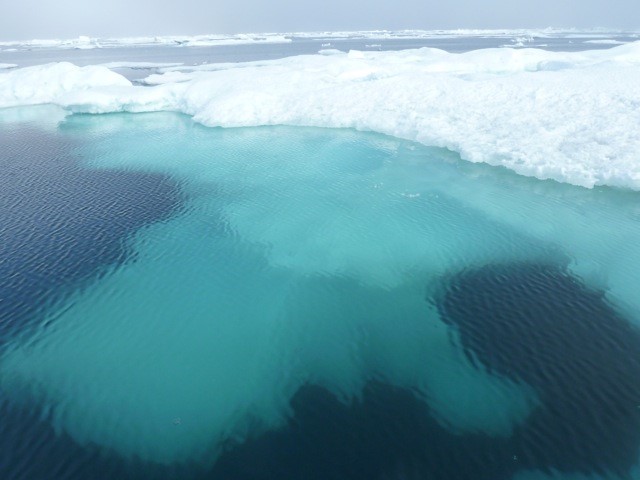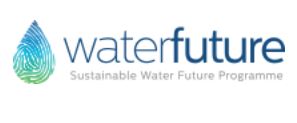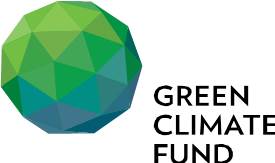April 6, 2017
Published by BC3Research Amaia de Ayala Aline Chiabai Elisa Sainz de Murieta at April 6, 2017
Categories
Según el estudio del instituto vasco de investigación de cambio climático, BC3, las olas de calor son consideradas por la Organización Mundial de la Salud como uno de los fenómenos meteorológicos extremos “más peligrosos” con gran impacto sobre la salud de las personas. “El País Vasco no queda al margen de esta tendencia climática”, resumían los expertos del instituto vasco de investigación de cambio climático. Por eso, desde 2006 existe un Plan de prevención en situación de ola de calor que describe los efectos posibles de una situación de calor extremo sobre la salud de las personas e identifica los principales grupos de riesgo.
April 6, 2017
Published by BC3Research Amaia de Ayala Aline Chiabai Elisa Sainz de Murieta at April 6, 2017
Categories
Un estudio financiado por el Gobierno vasco que pone cifras concretas a lo que podría ocurrir en Euskadi en una proyección de cara a los próximos 80 años. Si no se adoptan medidas correctoras, a partir de 2020 las olas de calor podrían incrementar la mortalidad hasta un 58%, en el escenario más desfavorable.El estudio presentado en el foro Klimatek, en Bilbao, está firmado por el centro vasco de investigación de cambio climático BC3, y cuenta con el respaldo del Departamento de Medio Ambiente del ejecutivo de Lakua.
March 28, 2017
Published by BC3Research at March 28, 2017
Categories
The Spanish TV Programme LAB24, specialized in the dissemination of scientific topics, produced this video report on the science produced at BC3, Basque Centre for Climate Change.
February 21, 2017
Published by BC3Research at February 21, 2017
Categories
Cordis´ (European Commission Community Research and Development Information Service) post on the recently article published by BC3 "Mitigation implications of an ice-free summer in the Arctic Ocean"Reaching global warming targets under ice-free Arctic summers requires zero emissions by 2045
Ice-albedo feedback as a result of sea-ice melting, notably in the Arctic, is known to reinforce global warming. What is less known, however, is the impact of a no-summer ice scenario on the world’s ambition to maintain global warming below 2°C by 2100. A study conducted under the TRANSRISK project paints a rather dark picture, highlighting the need to better understand the impact of rapid climate change in the region.
January 26, 2017
Published by BC3Research at January 26, 2017
Categories
Video reportaje sobre BC3 producido y emitido por el Programa LAB24 de TVE 24 hs el 24 de Enero de 2017.
January 19, 2017
Published by BC3Research Marc Neumann Mikel González-Eguino Iñaki Arto Sérgio H. Faria at January 19, 2017
Categories
"Ice-free summers in Arctic Ocean could thwart Paris Agreement objectives".
A new study shows the current trend of melting sea ice in the Arctic Ocean could put at risk the objectives of the Paris Agreement to address climate change.The study’s authors conclude that, due to the future increase in the sea ice-albedo feedback, global carbon dioxide emission levels would need to reach zero 5 to 15 years earlier than expected to meet targets set by the agreement, substantially increasing mitigation costs. They also show the target of limiting the increase in global temperatures to 1.5 degrees Celsius set by the Paris Agreement would be unachievable without negative carbon emissions.
December 23, 2016
Published by BC3Research Unai Pascual at December 23, 2016
Categories
The National Autonomous University of Mexico (UNAM) in collaboration with the Intergovernmental Science-Policy Platform on Biodiversity and Ecosystem Services (IPBES) offers one Postdoctoral position for a candidate who would like to pursue a career in international environmental policy and the multiple values of ecosystems and biodiversity.
November 25, 2016
Published by BC3Research Stefano Balbi at November 25, 2016
Categories
"Future Earth on the Sustainable Development Goals (SDG) Assessment Core Group".The 17 Sustainable Development Goals (SDGs) aim to end poverty, fight inequalities and tackle climate change, while ensuring the inclusion and protection of societies most vulnerable groups. The SDGs are organized in 169 targets whose rate of achievement should be monitored by indicators developed by the “Agency and Expert Group on SDG Indicators.
November 19, 2016
Published by BC3Research at November 19, 2016
The Marrakech call is loud and clear: nothing can stop global climate action. The momentum for the adoption of the Paris Agreement was enabled by Parties and non-Parties stakeholders taking action to address climate change and undertaking to progressively enhance the ambition of this action. Almost all Parties communicated INDCs, and coalitions of thousands of cities, regions, companies and investors from across the world announced voluntary commitments to support the implementation of the ambitious climate action.
November 9, 2016
Published by BC3Research Maria Jose Sanz at November 9, 2016
Green Climate Fund can play a significant role in supporting countries achieve scale by delivering adequate and predictable finance, complementing other existing sources of finance and helping catalyze public and private financial flows







